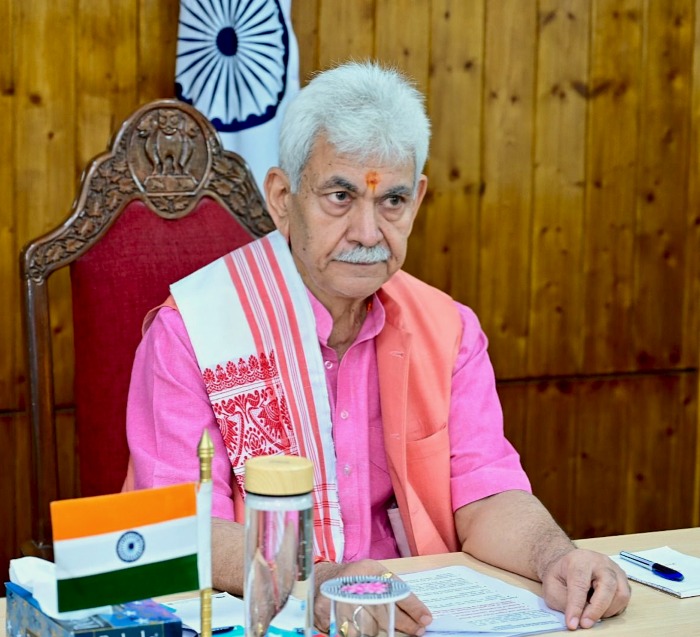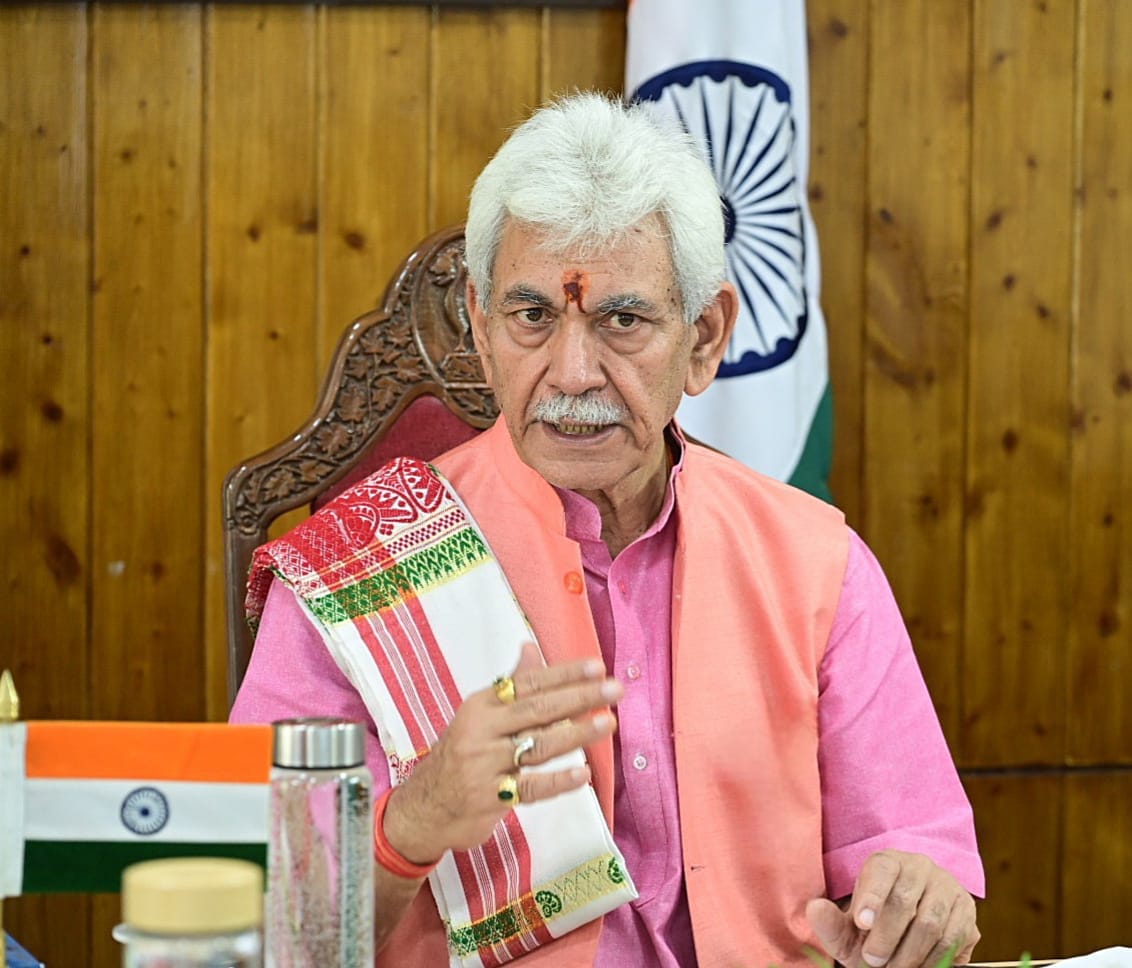Srinagar, August 4, 2025: In a significant step toward justice and rehabilitation, Lieutenant Governor Manoj Sinha will distribute appointment letters to 250 next of kin of terror victims from across Jammu and Kashmir on August 5 at the Sher-i-Kashmir International Conference Centre (SKICC), Srinagar.
The beneficiaries—drawn from North, Central, and South Kashmir—belong to families who lost their loved ones in brutal attacks carried out by terrorist outfits over the past three decades. The victims include civilians and primary breadwinners, whose killings by groups such as Jaish-e-Mohammed (JeM), Hizbul Mujahideen (HM), and Lashkar-e-Taiba (LeT) plunged their families into trauma, economic hardship, and social isolation.
From the districts of Baramulla, Bandipora, and Kupwara in the north to Budgam, Ganderbal, and Srinagar in central Kashmir, and extending to Pulwama, Shopian, and Anantnag in the south, these families bore the brunt of terrorism. Many endured horrifying experiences, including mutilations and public executions meant to terrorize the broader population.

Despite their suffering, these families were largely forgotten—marginalized and left to grapple with their loss without societal or institutional support. For years, their pain remained unacknowledged, and their sacrifices went unrecognized.
Now, a renewed focus on their welfare is taking shape under the leadership of the Lieutenant Governor. On July 13, 40 families from Baramulla received appointment letters. Another 80 families were given employment assurances during a similar event in Jammu on July 28.
The August 5 event marks another milestone in the administration’s ongoing effort to support terror victim families—not only by providing government jobs but also by formally recognizing their resilience and long-standing demands for justice.
The initiative is part of a broader push to integrate and rehabilitate communities torn apart by violence and to acknowledge those who have silently borne the cost of three decades of conflict.
